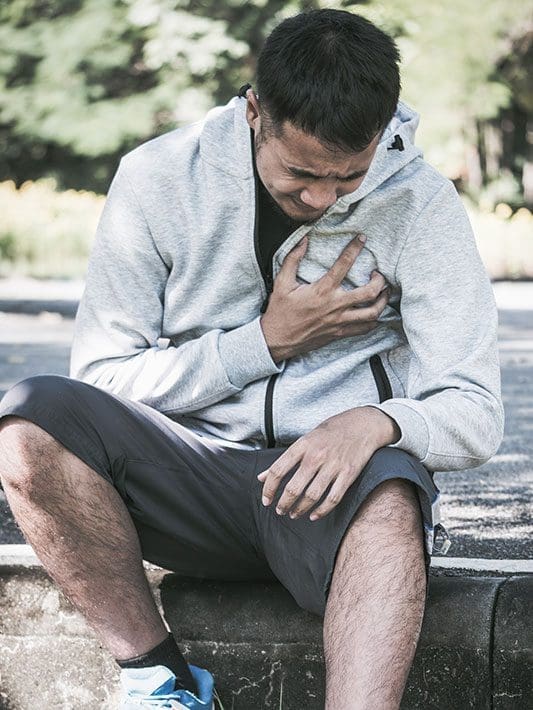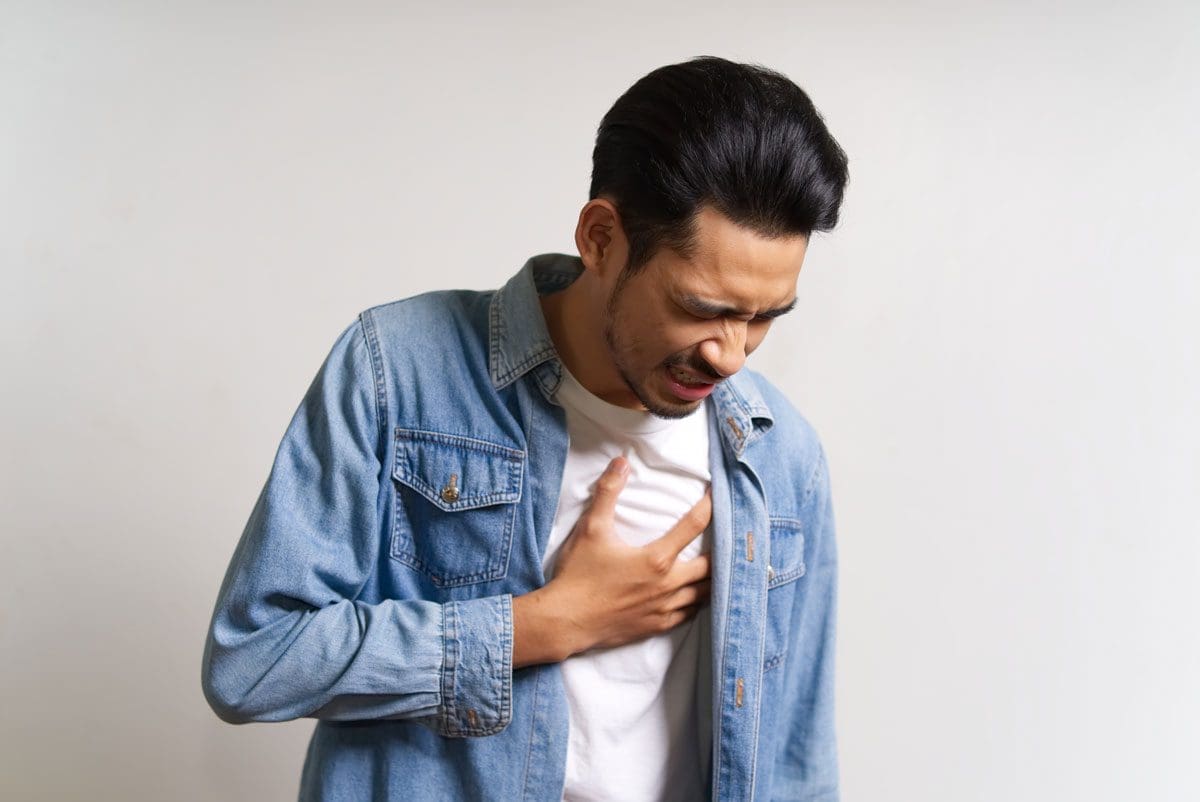AUTO INJURY RECOVERY SPECIALISTS




© Accident Care Chiropractic | Hablamos Español
Located in: North Portland, NE Portland, SE Portland, Gresham, Clackamas, Oregon City, Hillsboro, Bethany, Beaverton, Tigard, Forest Grove, Woodburn,
McMinnville, Keizer, Salem, South Salem, Bend, Springfield, Vancouver, Hazel Dell, East Vancouver, Pasco, Kennewick, Lakewood.
We Specialize in Car Accident Treatment & Recovery
Home | About Us | Testimonials | Blog | Sitemap | Privacy Policy | Services | Locations | Contact Us